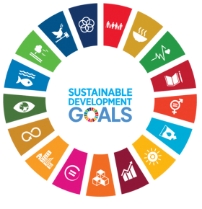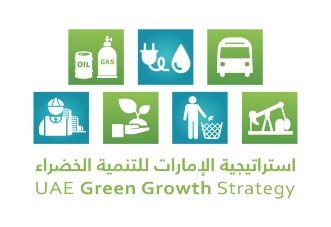As a global logistics hub for transport, the Emirate of Dubai has assigned high priority to managing its transport related emissions. The Emirate is actively seeking to reduce its road transport emissions by increasing green mobility solutions within the country. In 2015, the Dubai Supreme Council of Energy launched the Dubai Green Mobility Initiative to promote sustainable transport solutions such as electric vehicles in order to reduce road transport emissions within the Emirate. The initiative’s implementation is governed by a committee, under the Dubai Supreme Council of Energy, comprising of the following entities:










Government procurement of electric vehicles has been used as a policy measure to promote green mobility within the Emirate. In 2016, His Highness Sheikh Ahmed bin Saeed Al Maktoum, Chairman of the Dubai Supreme Council of Energy, issued Directive number 1 of 2016 on the mandatory purchase of green vehicles by Dubai Government entities. The directive includes an annual 10% government procurement target for EVs and hybrid vehicles. Subsequently, in 2018, the Dubai Green Mobility Committee formulated and launched the Dubai Green Mobility Strategy 2030, which supports the following international, national and local Emirate strategies:

UN Sustainable Development Goals

UAE National Climate Change Plan 2017-2050

UAE Green Growth Strategy

UAE Energy Strategy 2050

National Agenda UAE Vision 2021

UAE National Innovation Strategy

National Demand Management Program 2050

Dubai Clean Energy Strategy 2050

Dubai Carbon Abatement Strategy 2021

Dubai Demand Side Management Strategy 2030
In 2020, His Highness Sheikh Ahmed bin Saeed Al Maktoum, Chairman of the Dubai Supreme Council of Energy, issued Directive number 2 of 2020 to update the targets on the purchase of green vehicles by Dubai Government entities. The directive increases the annual government procurement target for EVs and hybrid vehicles to 20% starting from 2025, with a further increase to 30% starting from 2030.
